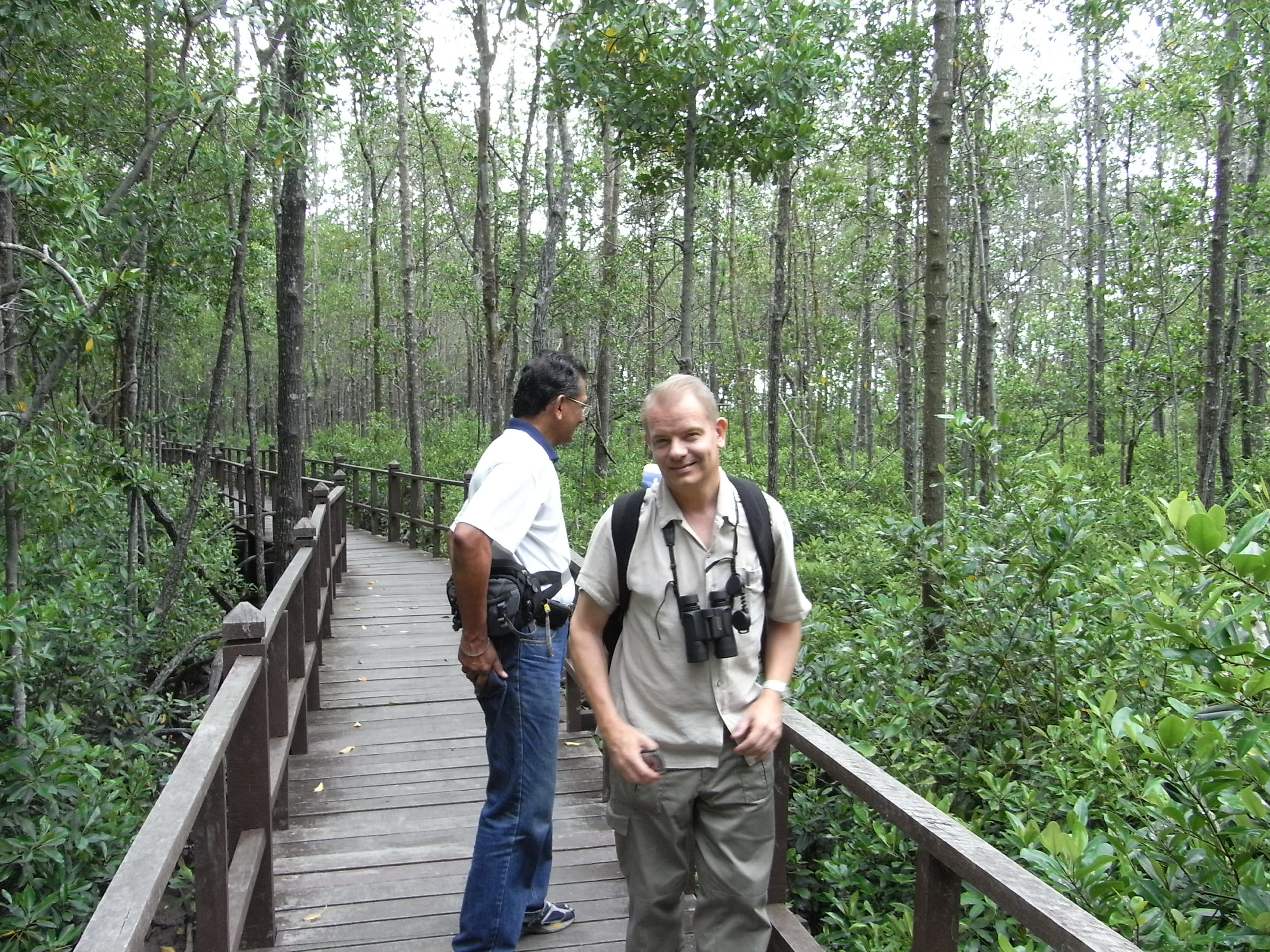What qualifications did you take at school?
Had to look this up! I took 'O', 'A' and 'S' levels and Cambridge entrance. My 'O' levels covered English Language, French, History, Religious Studies, Biology, Mathematics, Physics and Chemistry and Additional Mathematics. My only B grade was in Additional Maths (typical biologist!) At A level I took Biology, Chemistry, Physics with Maths and General Studies (all 'A' grades) and 'S' levels were in Biology and Chemistry (Merits). In the Cambridge entrance exam which in 1978 made 'S' level look easy, I secured an entrance Exhibition to Gonville and Caius College Cambridge
Why did you choose your first degree subject?
I chose Natural Sciences because I did not know exactly what biological specialism I wanted to pursue and Cambridge offered this wonderful broad-based but challenging general course - specialising over the three years. I dabbled with medicine, but ended up majoring in Zoology, my first love. However along the way I did as much clinical physiology as any graduating medic and much more biochemistry. At the end of the degree I was fascinated by behaviour and the underlying neural networks; but above all else the sheer stunning diversity of life and the beauty of it in form and function. I still have that childish thrill whenever I see a species for the first time. Seems to me to have something to say not only about how, but also why we are here
Do you have a Masters or PhD? If not, was it difficult to demonstrate Masters-level equivalence in order to achieve CSci?
I have a Master's degree that is tradition from the days when Cambridge was an ecclesiastical establishment and the first degree was but a step on the way to ministry - that came through practice later. However I did earn a PhD - the hard way. Three and a half years of intense research throughout the year in the Outer Hebrides and three years writing up

